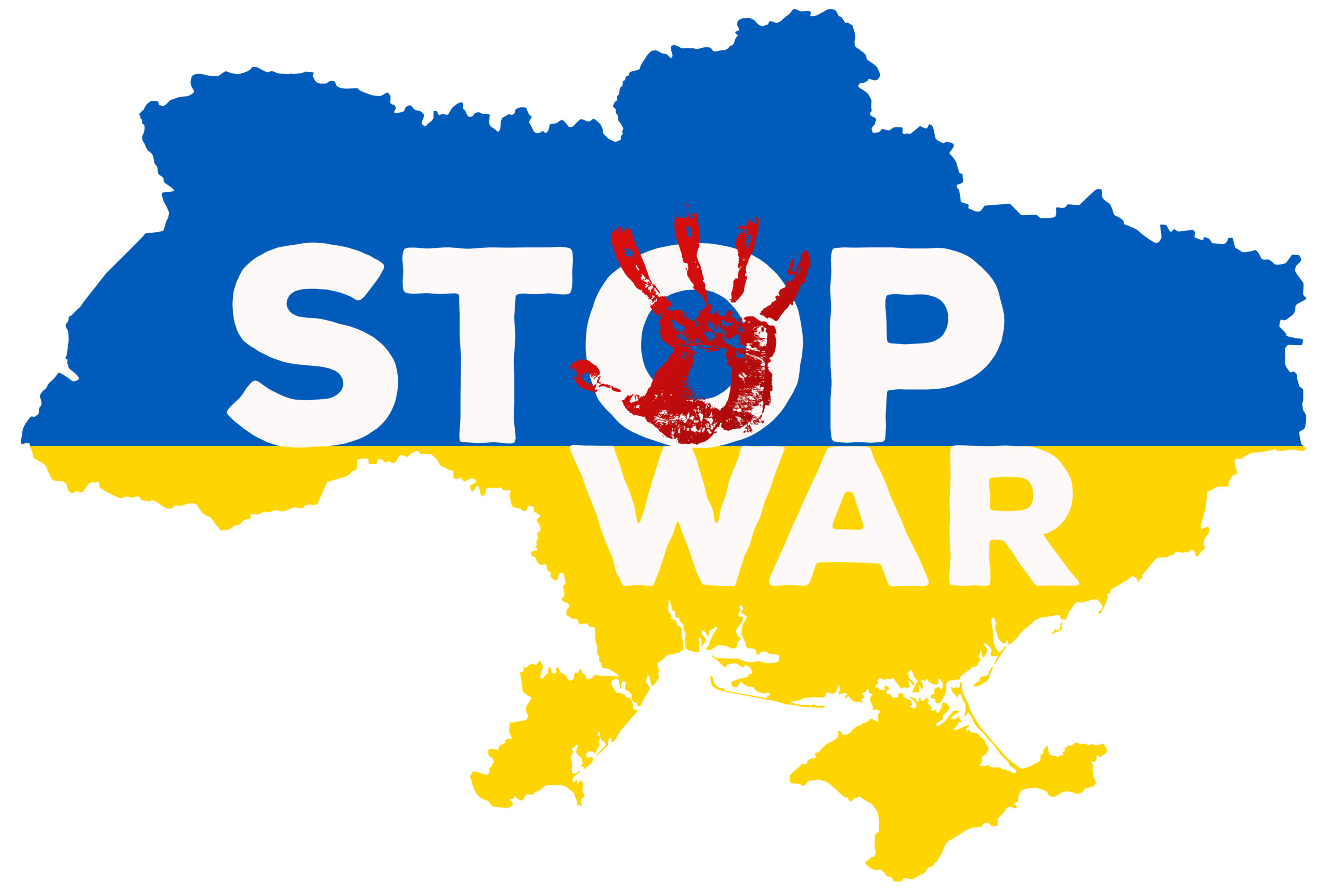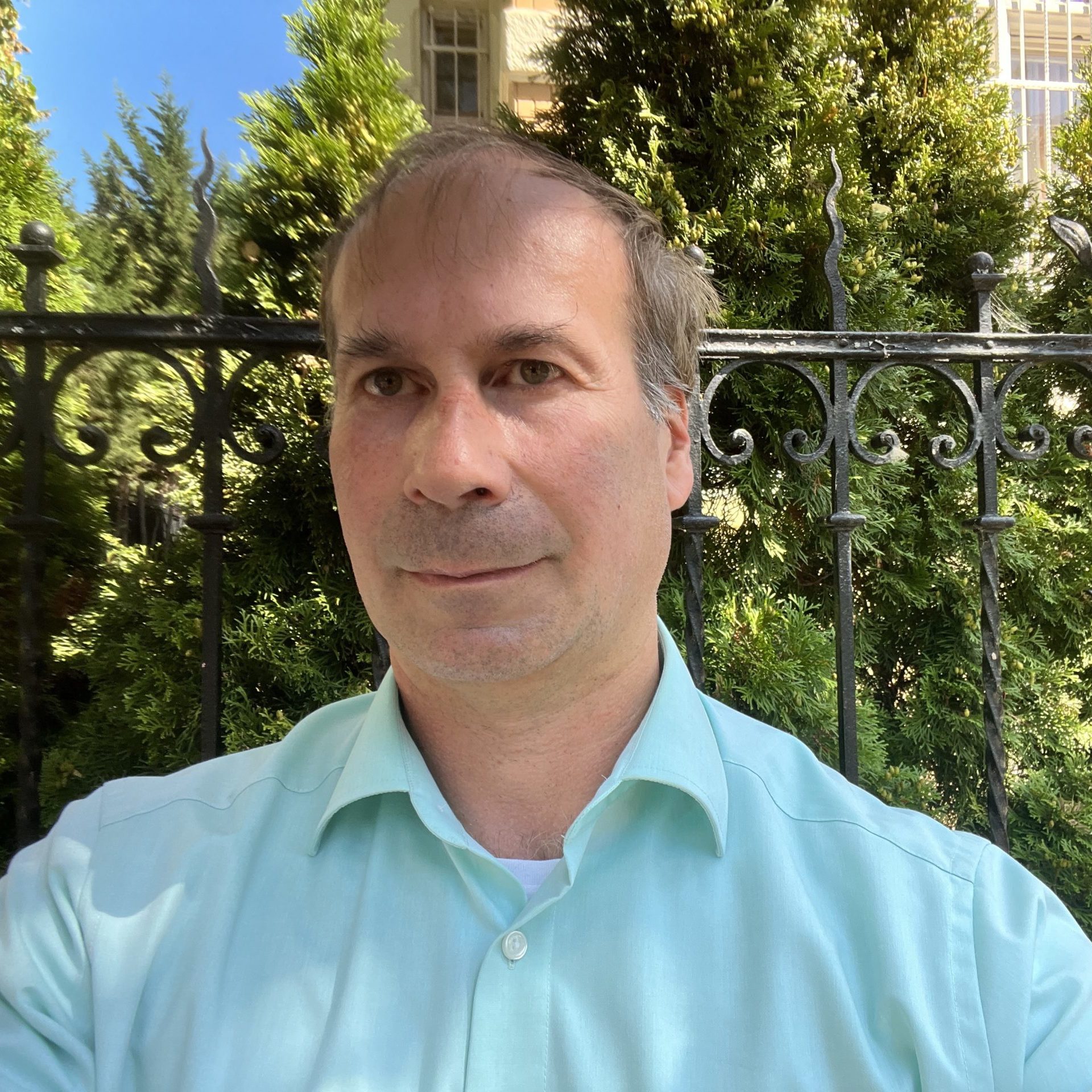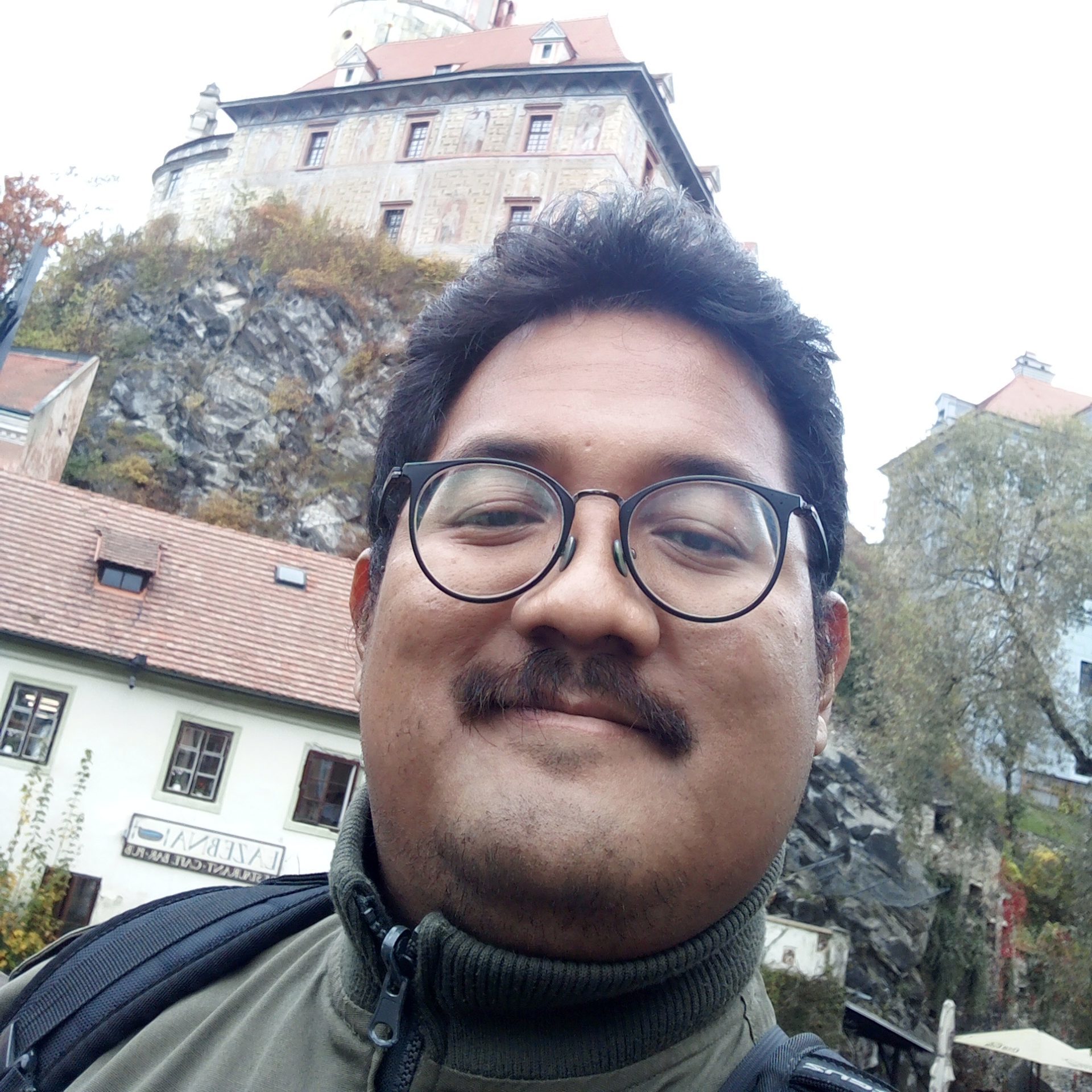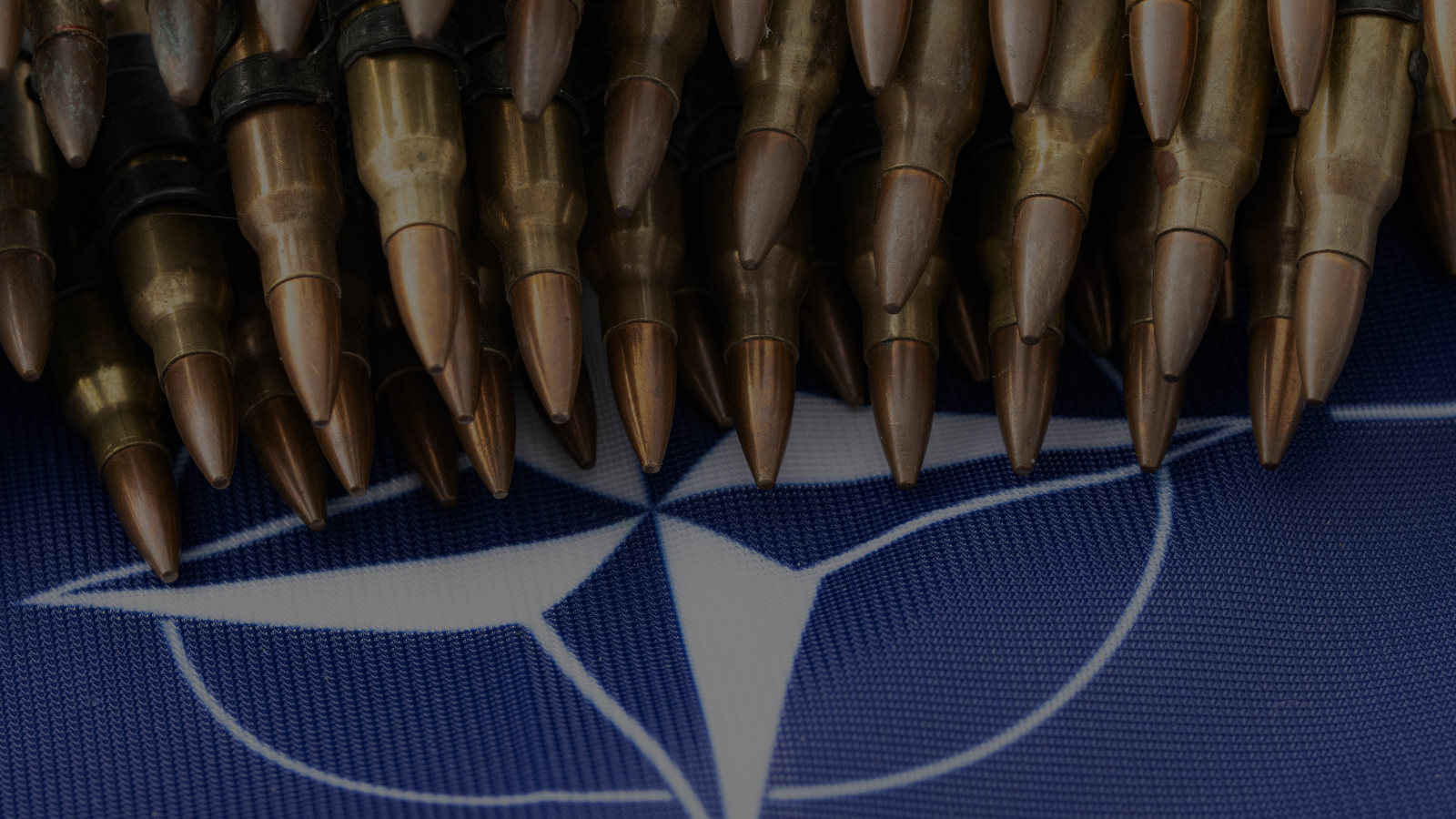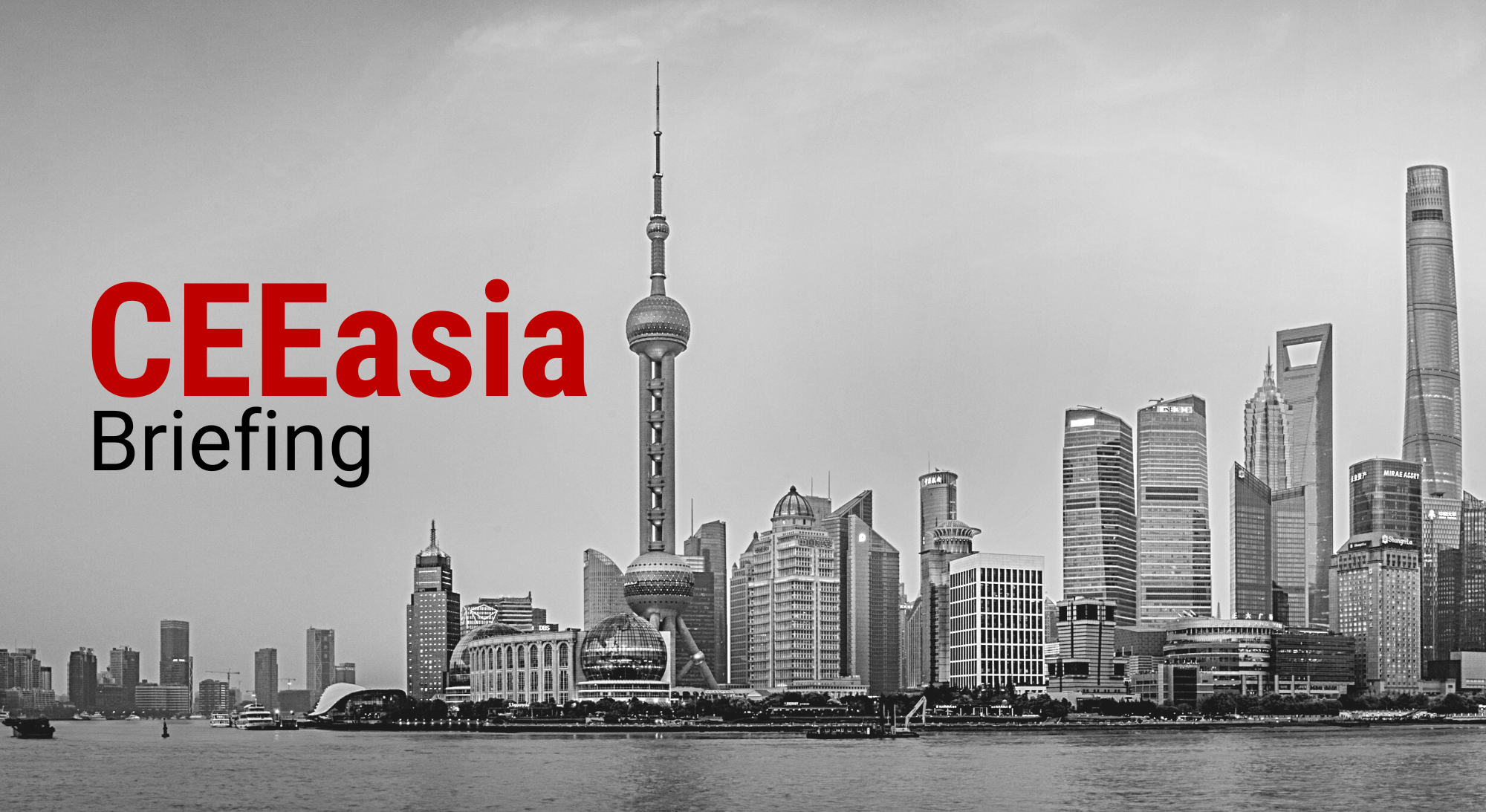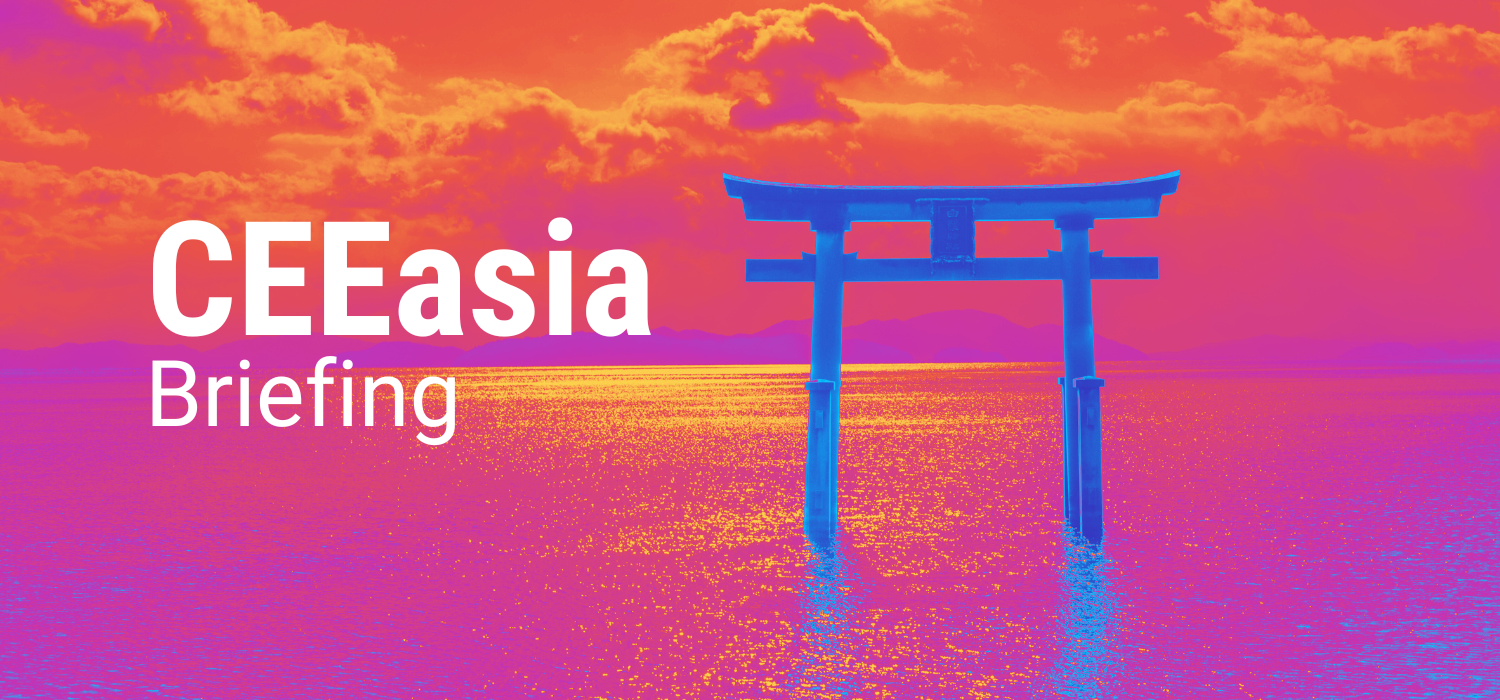The reactions to Russia’s invasion of Ukraine vary in East Asia, from a clear condemnation (Japan, Singapore, Taiwan) to calculated opposition (South Korea) and cautious criticism (ASEAN, Indonesia); from neutrality (Vietnam) to diplomatic support (Myanmar, North Korea). The differences are most clearly explained by Realpolitik considerations, the nature of the political systems and perceptions on China.
The response of the European Union (EU) and the United States to Russia’s invasion of Ukraine on 24 February 2022 was swift and strong. The EU unequivocally condemned Russia’s “unprovoked and unjustified military actions”, emphasizing that “Russia is grossly violating international law and undermining European and global security and stability”. Since then, both the EU and the US imposed surprisingly tough sanctions on Moscow. Moreover, they provided humanitarian and even military support to Ukraine. Hungary is the only EU member which deviates strongly from the EU policies.
Regarding East Asia, or the Indo-Pacific region at large, many commentators draw parallels to the potential flashpoints of Taiwan and the South China Sea, pointing to the fact that Russia – a great power, a nuclear power and a permanent member of the United Nations Security Council – violated the sovereignty and territorial integrity of a smaller nation. Similar to China, Russia is an authoritarian country, and both President Vladimir Putin and President Xi Jinping criticize the Western-dominated international order. Moreover, Xi regularly stresses that “reunification” with Taiwan “must be fulfilled”.
In East Asia, the responses of the regional governments are less uniform than in Europe. Japan, Singapore, South Korea and Taiwan joined Western countries in condemning and even sanctioning Russia, clearly emphasizing Russia’s responsibility for launching the war. Japanese Prime Minister Fumio Kishida drew a parallel to China’s perceived assertiveness in the South and East China Sea. Taiwanese President Tsai Ing-wen emphasized the unity of the Ukrainian citizens “to fight against the invasion by a powerful country”, and then-South Korean president, Moon Jae-in, expressed solidarity and sympathy with Ukrainians, noting that “[b]ecause Korea went through a war, it knows the horrors of the war better than anyone”.
Other nations, including Vietnam, but also the Association of Southeast Asian Nations (ASEAN) itself, neither make comparison to China’s policies nor openly criticize Russia. Refering to rather abstract principles of international law, they instead demand an end to the war and a peaceful resolution. In their view, this approach is a codified and sufficient diplomatic criticism of Russia. Instructively, the perceptions of the civil society are in certain countries, like Indonesia, more Russia-friendly than the official one, whereas in South Korea the reverse is true.
The following sections explore the various strategic, economic, and domestic motives of East Asian governments as they navigate between unequivocally condemning Russia or totally avoid naming and shaming Moscow. Moreover, the pro-Russia reactions of parts of the Indonesian civil society will be used as an example for a country where the views of the governments and the civil society on the war contradict each other. China is deliberately excluded from this analysis, since its reaction has been covered in detail in many other studies.
Taiwan
With catchy lines like “Today Ukraine, Tomorrow Taiwan”,, comparisons between the two countries have surged since Russia’s invasion of Ukraine. And, naturally, the two countries offer some ground for comparison:;They are both ‘small’ democratized countries overshadowed by a complex relationship with large authoritarian neighbours, with which they share a political and cultural history. Both saw rather recent civil society action against perceived threats from their bigger neighbours and have balanced their strong economic engagements with increased efforts to be seen and heard in Western and US-led fora. Ultimately, they both lie on fault lines between the continental powers of Russia and China on one side and the NATO/US-Pacific alliances on the other side, reminiscent of the Cold War containment.
But it would be misleading to use these similarities alone as a basis for predictions on what will happen in the Taiwan Strait. Russia’s war in Ukraine, with all due respect to the losses and hardships of the Ukrainian people, offers Taiwan an unprecedented stage and increased international attention for its own security concerns. These concerns are deeply intertwined with the security and economic interests of other regional powers, such as Japan, South Korea, obviously the US, but also Australia and non-regional actors including India and the EU.
Within Taiwan, the war has initiated a wave of public and official support that has seen millions of dollars donated to refugee support in Lithuania, Poland, and Slovakia, Kaohsiung’s Ai River illuminated in blue and yellow, and Foreign Minister Wu Jaushieh pose in front of a symbolised Ukrainian flag with a field of sunflowers for the yellow lower part. Whether the sunflowers are a reference to the Taiwanese protests of 2014 or to the importance of Ukrainian sunflower seeds in the global cooking oil market has not been disclosed.
Most notably, however, it has highlighted some issues within Taiwan’s society and politics that have been around for some time.That includes the reorganization of the general draft system and continued military exercises; the organization of Taiwanese self-defense capabilities, related weapon deals and their political symbolism; public engagement with and an increasing acceptance for the need to self-defense; and a decreasing trust in US military support in case of a Chinese invasion.
The increased urgency and necessity, with which these issues are now publicly discussed, will further a Taiwanese identity along the lines of ‘us’ versus ‘them’, that moves the island away from an authoritarian China. This will likely increase tensions in the Taiwan Strait and the Indo-Pacific more generally. Taiwan is well advised to use all the attention it can currently get for its cause in preparation thereof. Within Taiwan’s domestic politics, we must watch closely for how the KMT will position itself. The background of the Ukraine war was already used to condemn the incumbent president and her policies as angering China. We will likely see more of this in the upcoming local elections and the 2024 presidential and Legislative Yuan elections, where Tsai will not be able to run again.
Japan
Japan strongly condemned Russia’s invasion of Ukraine and adopted the Western sanction regime. Being a close US ally, Japan’s relations with Russia are overshadowed by the Kuril islands dispute and the lack of a formal peace treaty. Drawing a clear parallel between Ukraine and Taiwan, Prime Minister Kishida emphasized the need for cooperation with allies and like-minded countries, and to “never tolerate a unilateral attempt to change the status quo by the use of force in the Indo-Pacific, especially in East Asia”.
Consequently, Japan became an advocate for Ukraine’s cause in the Indo-Pacific. In early May 2022, Kishida visited Indonesia, Vietnam and Thailand, while Foreign Minister Yoshimasa Hayashi visited Kazakhstan, Uzbekistan, and Mongolia. The aim of their visits was to promote a common Asian position in support of the critical G7 stance on the Russian aggression against Ukraine ahead of the G20 summit in Bali in November 2022.
During the first days of the war, Japanese media were confused. It was fascinating to see how ‘experts’ who had only been to Ukraine a few times and had never been specialists on Ukraine started to give comments on Ukraine and the war on TV. These kinds of comments misled the Japanese audience during the first three to five days of the war. After this initial period, the TV stations started to look for specialists from academia associated with Slavic, Ukrainian, EU, NATO, or British studies, as well as prominent military researchers in Japan, but they also gathered information from Ukraine.
There is practically no media in Japan that does not cover the war in Ukraine. Every two weeks during NHK prime time on Tuesday night, the political show “Close Up Gendai” covers Ukraine for 45 minutes. Programs like “Good Morning, Japan” and “Sunday Watch” from NHK cover Ukraine almost every morning. Also TV Asahi, BS Fuji Prime News and TBS weekends programs, such as “Mr. Sunday”, provide detailed coverage of the war in Ukraine. A few weeks ago, NHK World news channel webpage started its service in Ukrainian.
Due to the work of Japanese media during the first 100 days of the war, more people became familiar with Ukrainian history, politics, and names of Ukrainian cities. Kiev city became Kyiv a few weeks ago because of media coverage of post-colonialism and its toponymic in Ukraine. Still, there is a disbalance between programs on the war on Ukraine between public TV and commercial channels. Aiming to raise their TV ratings, sometimes private TV stations tend to focus more on the dramatic side of the war instead of drawing conclusions.
Because of such massive media coverage on Ukraine, the Japanese government, politicians, NGOs, and local people took the problem of accepting refugees from Ukraine to Japan very seriously. The government eased the bar for issuing visas to Ukrainians who have family and friends in Japan. Foundations like Sasakawa provide refugees substantial financial support of 1 million yen per year. Some local governments provide free houses, and companies accept Ukrainians as their local staff.
Ukrainians became the first big refugee group to be accepted to Japan in 25 years. Still, Japan does not have an established system of social, economic, and cultural integration of refugees. Some Japanese criticize the government in the different approaches to refuge from Ukraine and Syria. In reality, the 1000 Ukrainian refugees accepted so far face many struggles. First of all, a refugee visa does not allow one to work, though it can be changed to a one-year visa. Also, the Japanese language is difficult to learn in a few weeks. For people who have never lived in Asia, the lifestyle is different, and some of the people who fled to Japan already regret their decision. In the last three months, the visibility of Ukraine in Japan has increased significantly. The Japanese government and the civil society are helping Ukrainians a lot, and both have demonstrated a strong will to support them in the future.
South and North Korea
The North and South Korean responses to the Russian invasion of Ukraine are predictably divergent, but one is much more complicated than the other. The divergent and differences in responses are reflective of the divided response among countries in East Asia.
North Korea’s response is, by and large, straightforward and predictable. Pyongyang blames the United States and the West. “The root cause of the Ukraine crisis totally lies in the hegemonic policy of the US and the West,” the Korean Central News Agency (KCNA), the state-run news agency of North Korea, is quoted as saying. Pyongyang sides with Moscow in blaming US-backed NATO expansion as one of the main causes behind the war, not Russian expansionism.
North Korea has long counted Washington as its principal adversary and the liberal international order as hostile to its existence. It was one of only five countries to oppose a United Nations resolution condemning Russia for its invasion. This move is consistent with North Korea’s state of relations with Washington and the West. It also creates diplomatic and geopolitical cover for Pyongyang, as Moscow and Beijing (who abstained in the UN vote) are now less likely to pressure the country to halt its ballistic missile testing and development. The veto by both of a UN-led resolution to do just this is a case in point.
South of the 38th parallel, we find a more complicated situation. A liberal democracy and close ally of the United States, South Korea was expected to join international sanctions imposed by the US and EU on Russia following the invasion.
Seoul’s initial response, however, was rather timid, at least compared to the US, Japan, and most European countries. Although South Korea confirmed its participation in imposing international sanctions, it did not seek to coordinate a package of its own sanctions. Instead, it sought sanctions exemptions to protect businesses interests, something which struck a nerve with many in the country.
Indeed, elite support was not so forthcoming. For instance, then-progressive candidate for presidency, Lee Jae-myung, blamed Ukrainian President Zelenskyy for the war. He would eventually walk back his comment after considerable political blowback, but the message had been sent. Although the war did not have any discernible impact on the election, Lee did not win. The victor and current president is Yoon Seok-yeol, a conservative.
Seoul would eventually agree to impose additional measures against Russia, banning semiconductor exports and other strategic materials, in addition to providing humanitarian aid to Ukraine. South Korea has yet to provide any military aid, despite pressure from Washington.
South Korean elites, especially policymakers, are seemingly reluctant to fully join in the international effort to isolate Russia and support Ukraine’s defense. A video address from Zelenskyy to the South Korean National Assembly, where only about 50 members out of 300 total showed up, is visual evidence of this fact and stands in stark contrast with other parliaments to which he spoke.
The elite perspective, however, contrasts sharply with popular support for Ukraine, in which the South Korean public is basically aligned with citizens in other democracies. As some have written, Seoul sees itself in a difficult position, needing to balance its economic interest with its commitment to liberal international order. Going forward, this conflict of interest is likely to intensify.
Southeast Asia
In their extremely weak statement from 26 February 2022, the foreign ministers of the ASEAN referred to vague United Nations and ASEAN principles, but avoided the term ‘war’ and did not mention Russia by name. In another statement in April 2022, the ministers expressed their “deepest condolences to the people of Ukraine on the reported killing of civilians” and demanded an independent United Nations investigation of the alleged atrocities, “including in Bucha”.
However, these cautious statements are completely in line with the ASEAN Way of diplomacy. ASEAN and the ASEAN-led trans-regional cooperation formats, such as the ASEAN Regional Forum (ARF), never name and shame a nation which breaks international law. ASEAN’s strategic aim is to uphold the rules-based, multilateral, and inclusive regional order in the Indo-Pacific which it helped to create. For this, it needs to actively involve all great powers, including Russia, even though it is not a crucial economic or security partner, rather a niche player.
However, if ASEAN is not able to clearly condemn a norm-breaker, it is difficult to see how it was able of ending a breach of international law or even a military aggression in its own region. Concerning the South China Sea, China ignores a legally binding award of an Arbitral Tribunal of the Permanent Court of Arbitration of 2016 which de facto rejects Beijing’s extensive territorial claims.
While the junta in Myanmar supports Russia, the small city state Singapore finds itself at the other end of the diplomatic spectrum. The other Southeast Asian nations are somewhere in the middle of these two extremes. Singapore experienced Japanese occupation in 1942. The society can thus easily sympathize with the victims in Ukraine. Singapore’s foreign minister strongly warned of the “completely unacceptable precedent” of Russia’s breach of all international conventions, calling it an “existential issue for us”.
In dealing with Russia’s war, Vietnam did not adopt the perspective of a smaller nation fearing aggression from a more powerful neighbour, even though it has tense relations with China. Rather, the communist regime pursues a “nuanced approach”, in line with ASEAN not clearly condemning Russia. The reason is that the friendship with Moscow dates back to the Soviet empire and the defence partnership is still very strong; Russia is the main weapons provider and also an important energy partner. Among the Vietnamese citizens, there are sympathies for Ukraine, but they seem stronger for Russia, the ‘big brother’. In social media, Putin is praised as a strong man, fighting against the Western order. However, as freedom of expression is in the authoritarian state restricted, there remain question marks about the representativity of these statements.
The Indonesian government was initially reluctant to strongly condemn Russia, seeking to preserve the friendly ties both with Russia and Ukraine. The position of Indonesia, primus inter pares in ASEAN, however, evolved steadily. Three weeks after the invasion, the foreign ministry stressed that “the military attack on Ukraine is unacceptable”. However, President Joko Widodo rejected Western demands to cancel the invitation of Putin to the G20 summit in November 2022. Instead, Indonesia wants to also invite Zelenskyy. The responses of the Indonesian civil society differ from the governmental position, though it is difficult to judge how representative these voices are.
Evello, a digital platform analysis, concluded that the support of many Indonesian citizens toward the Russian position is evident, especially online and across many social media platforms, such as TikTok, Facebook, Twitter, YouTube, and Instagram. Not even the first-hand accounts of Indonesians living in Ukraine managed to deter these supports. Even a fair portion of Indonesian academics has not only publicly supported the Russian position, but also reproduced the Russian narratives in their speeches and articles regarding the Russian invasion.
Radityo Dharmaputra, a Russian and Eastern European expert, claimed that several reasons might explain this phenomenon. The first of them is a strong anti-American sentiment in Indonesian society, causing the ongoing war in Ukraine to be framed as an extension of the rivalry between the US and Russia, rather than an issue of Ukraine’s very existence. Another explanation is Russia’s successful soft power campaign that managed to change the once negative perspective of Russia into a positive one. From establishing Putin’s image as a strongman leader that the Indonesian public tends to prefer, funding a Russian Centre of Science and Culture in Jakarta, offering scholarships to Indonesian academics to study in Russia, to even reinventing the Russian image into a friend of Islam, the Russian public diplomacy in Indonesia is a success story.
Conclusion
The comparison of official responses to Russia’s invasion of Ukraine in selected East Asian countries reveals significant differences. The positions of the governments evolved slightly over time but did not change fundamentally during the first three months of the war. They will, of course, further adapt depending on battlefield developments, the stability of Putin’s regime, and how the bilateral relations with Russia develop or deteriorate. The cases of Indonesia and, to a lesser extent, South Korea, demonstrate that the reactions of the civil society are not necessarily in line with the view of the government.
In East Asia, the Sino-US rivalry and underlying power dynamics adds a layer of complexity to the region’s partnerships, alliances (notably the new AUKUS pact), and counter-alliances which governments must take into account when responding to Putin’s war. The risk of a Cold War 2.0 is not only in Europe but also high in East Asia, where two opposing security and economic blocs could emerge: a US-led versus a Chinese-dominated bloc. That is, if they haven’t already.
Realpolitik considerations strongly explain the reactions of the East Asian governments, but not entirely. Vietnam,which feels threatened by its bigger neighbor in the north who acted and acts assertive towards the country, not least in the South China Sea,has not condemned Russia. The reason is that Russia is a traditional and, in defense matters, important partner. However, the contradictions in Vietnam’s foreign policy are obvious. The significance of the US as security provider is quite paramount, requiring a delicate strategic balancing act.
Therefore, not only foreign policy considerations but additional factors play a crucial role in the governments’ responses to war. A key fault line is the character of the political systems. There is a discernable dividing line between the semi-democratic or authoritarian Southeast Asian governments and the democratic countries of Japan, Taiwan and South Korea. As one would expect, East Asian democracies have expressed more empathy and sympathy with democratic Ukraine, a country attacked by an authoritarian, revisionist power.
In all, democratic governments in Taiwan, Japan, South Korea, but also the semi-democratic Singapore have taken a clear pro-Ukraine stance, pointing out the importance of maintaining a rules-based order and international law. Russia’s brutal war against Ukraine has made the stakes clear, with implications for the East Asian regional order. Most notably, China will certainly find itself even more prominently in the spotlight, and Beijing’s policies and actions will now be watched even more closely and critically in the region than they were before.
This article is based on presentations made by the authors at a public panel discussion on 19 May 2022, organized by the Department of East Asian Studies at the University of Vienna. The discussion has been recorded and can be watched here.
Alfred Gerstl is President of CEIAS, an Associate Professor at the Department of Asian Studies at Palacký University Olomouc (Czech Republic) and a lecturer at the Department of East Asian Studies/East Asian Economy and Society (EcoS) at the University of Vienna.
Martin Mandl is a Junior Researcher at CEIAS and an Editorial Member of “ASIEN – The German Journal of Contemporary Asia”.
Olga Khomenko is an Associate Professor and Japan Program Director at Kyiv Mohyla Business School (KMBS), the National University of Kyiv Mohyla Academy, Ukraine, and visiting scholar at the Department of East Asian Studies at University of Vienna.
Steven Denney is a lecturer of East Asia Economy and Society in the Department of East Asian Studies at the University of Vienna.
Omar Rasya Joenoes is a PhD student at the Department of Political Science at University of Vienna.

